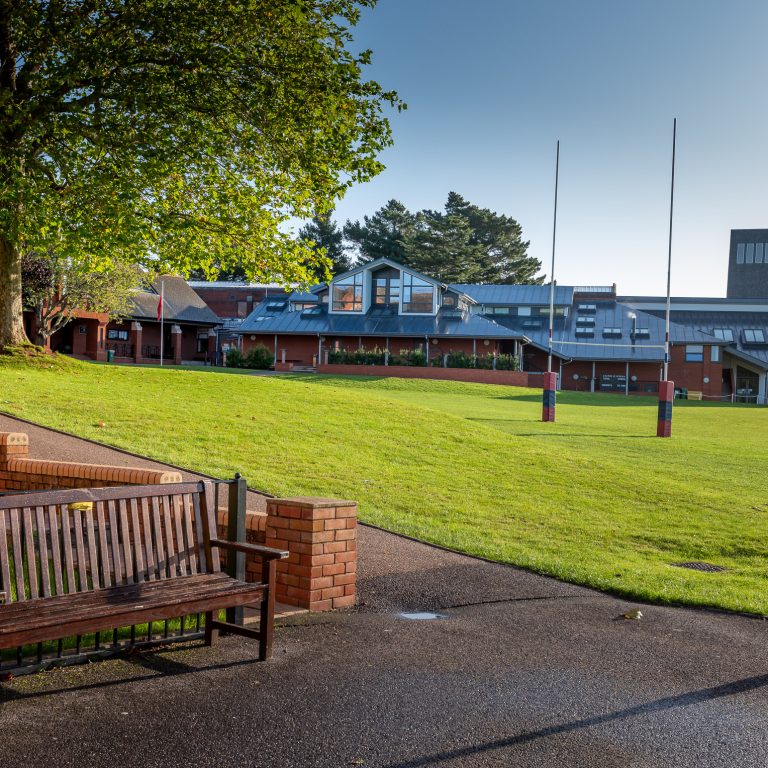Just look around you – electronics are everywhere! Electronics specialists are in demand.
In the A Level electronics course, you will learn about the basic principles and building-blocks of electronic systems and how to use these basic ideas to design and build more complex systems.
There is a lot of practical work. Almost every circuit and system that we describe in theory is then built and tested by pupils. The culmination of the course is a major individual project, in which you design, build and test an electronic system to your own design and specification.
The starting point of the course is a careful review of circuit theory from GCSE physics. The course covers both digital and analogue electronics, including programming digital microcontrollers. The exam board provides an excellent set of dedicated notes that complement the work we do in class.
Exam board: Eduqas
Course name: A Level Electronics
Beyond the curriculum
Outside the curriculum many of the A Level pupils are building their own personal projects, such as robot arms and drone remote controls. They also help run the electronics clubs for the lower years.
In January 2023 the department visited MagDrive, a space start-up company, that is developing a plasma propulsion system for satellites. Both members of the MagDrive electronics team are alumni, who took A Level Electronics. The week before we visited, they had successfully launched some of the high-voltage circuitry that they had designed, built and tested in the preceding year.








